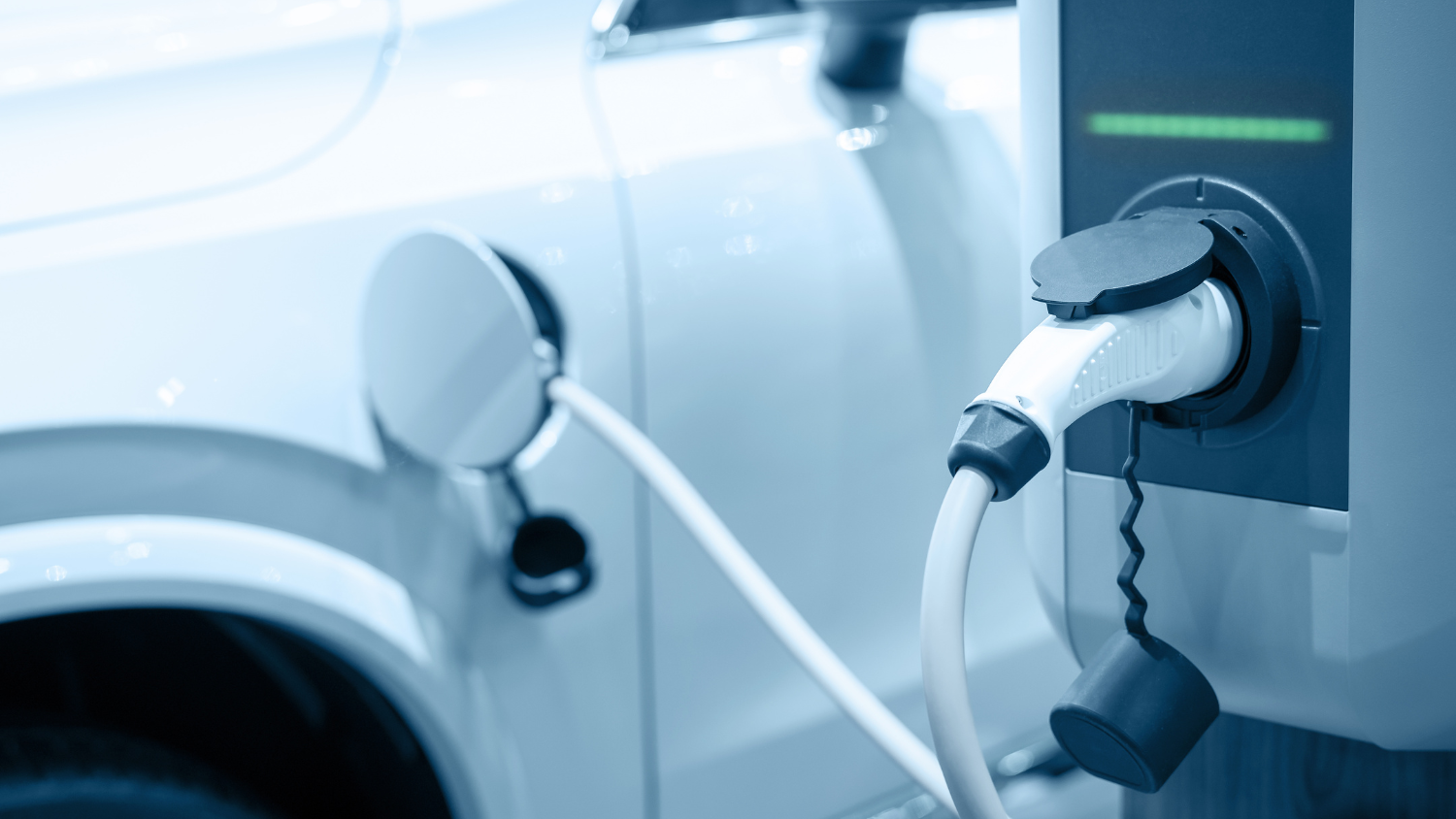What Materials are Used to Make Electric Vehicle Batteries?
.png?width=50)
Electric vehicles (EVs) have become a revolutionary force in the automotive industry, offering a greener and more sustainable alternative to traditional internal combustion engine vehicles.
Central to the success of EVs are their advanced battery technologies, which have undergone significant research and development over the years.
These batteries are not only responsible for powering the vehicles but also play a crucial role in determining their performance, range, and overall cost. Batteries typically account for more than half of the value of an electric vehicle, so a reliable supply is expected to be vital for the future of the UK car industry.
1. Lithium-ion Batteries: The Backbone of Electric Mobility
Lithium-ion (Li-ion) batteries are the most commonly used battery type in electric vehicles. Their popularity can be attributed to their high energy density, which allows them to store more energy in a smaller and lighter package.
The key components of a Li-ion battery include:
a. Cathode: The cathode is typically made from lithium metal oxides, such as lithium cobalt oxide (LiCoO2), lithium manganese oxide (LiMn2O4), or lithium nickel cobalt manganese oxide (LiNiCoMnO2). The choice of cathode material influences the battery's performance, lifespan, and cost. The cathode is the single most expensive element, accounting for up to a third of the cost of a battery cell.
b. Anode: Graphite is commonly used as the anode material in Li-ion batteries. However, there is ongoing research to develop alternative anode materials like silicon, which can offer higher energy storage capabilities.
c. Electrolyte: The electrolyte facilitates the movement of lithium ions between the cathode and the anode during charging and discharging. Traditional Li-ion batteries use liquid electrolytes, but solid-state electrolytes are under development to enhance safety and energy density.
2. Nickel-Based Batteries: Boosting Energy Density
Nickel-based batteries have gained prominence in recent years due to their higher energy density compared to traditional Li-ion batteries.
These batteries usually have a higher nickel content in the cathode, such as nickel-cobalt-aluminum (NCA) or nickel-manganese-cobalt (NMC) chemistries. With more nickel content, these batteries offer improved energy storage capabilities, leading to extended driving ranges for electric vehicles.
3. Solid-State Batteries: Pioneering the Future
Solid-state batteries are a promising next-generation technology that aims to replace liquid electrolytes with solid materials.
By using solid electrolytes, these batteries offer enhanced safety, eliminate the risk of leakage, and provide even higher energy densities. Materials such as lithium ceramics, sulfides, or polymers are being investigated for use in solid-state batteries.
4. Lithium-Sulfur Batteries: Lighter and Energy-Dense
Lithium-sulfur (Li-S) batteries have the potential to revolutionize electric vehicle battery technology. They are incredibly lightweight and boast an even higher theoretical energy density than Li-ion batteries.
Li-S batteries employ sulfur as the cathode material and lithium metal or lithium-ion as the anode material. However, challenges related to cycle life and safety still need to be addressed before they can be widely adopted in EVs.
5. Other Materials: Exploring Alternatives
Researchers are continuously exploring alternative materials to improve battery performance and sustainability.
Some of these materials include lithium-air, sodium-ion, and magnesium-ion batteries. While still in the early stages of development, these alternatives have the potential to make electric vehicle batteries even more efficient and cost-effective in the future.
Electric vehicle batteries have come a long way, but their evolution is far from over.
The materials used to construct these batteries play a vital role in determining the performance, safety, and environmental impact of electric vehicles.
While lithium-ion batteries remain the dominant technology today, ongoing research and development are focused on improving energy density, safety, and sustainability through the use of nickel-based, solid-state, lithium-sulfur, and other innovative battery chemistries.
As advancements continue, we can expect electric vehicles to become even more accessible, efficient, and environmentally friendly, paving the way for a cleaner and more sustainable future in the transportation sector, and the UK is set to be at the centre of this.
In the news earlier today, Jaguar Land Rover-owner Tata has confirmed plans to build its flagship electric car battery factory in the UK.
The new plant in Somerset is expected to create 4,000 UK jobs and thousands more in the wider supply chain.Tata said it will invest £4bn in the site but it is understood that the government is providing subsidies worth hundreds of millions of pounds.
The plant is described as the most important investment in UK automotive since Nissan arrived in the 1980s! We hope this will open the door to further battery investments in the UK, but time will tell.
